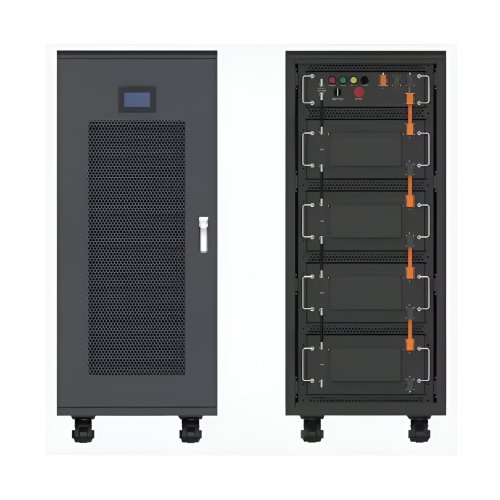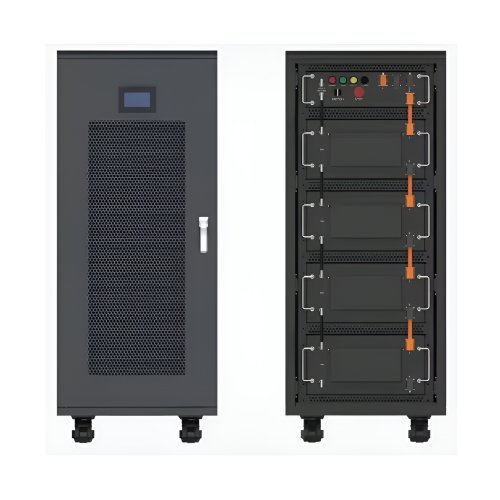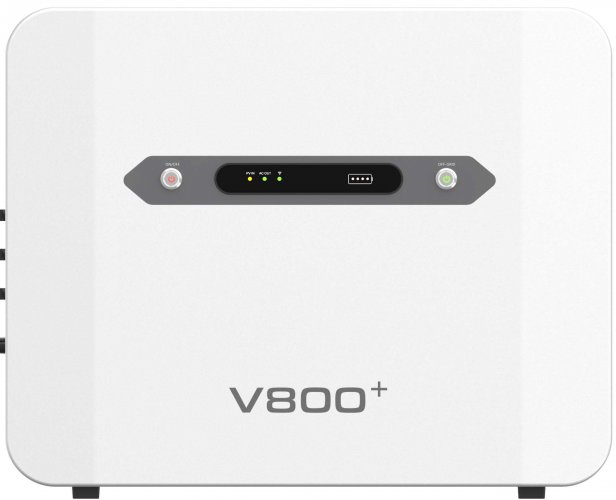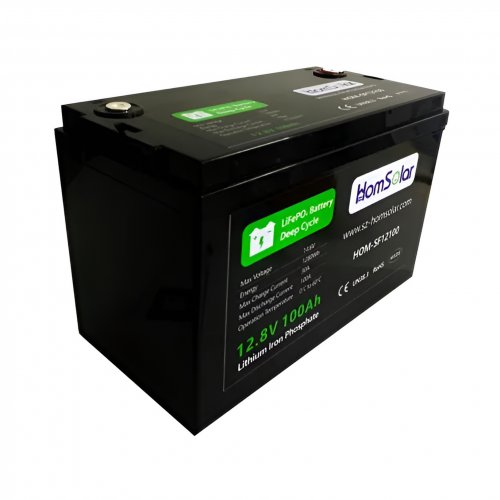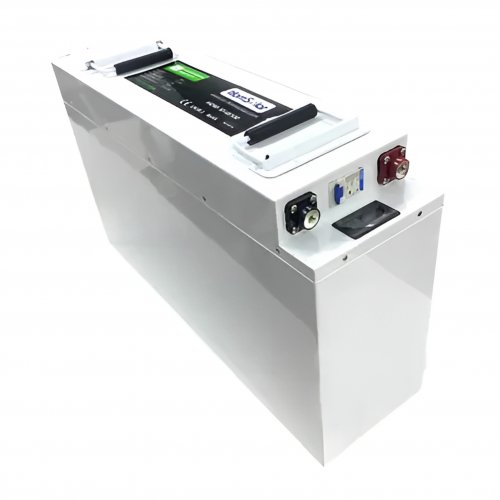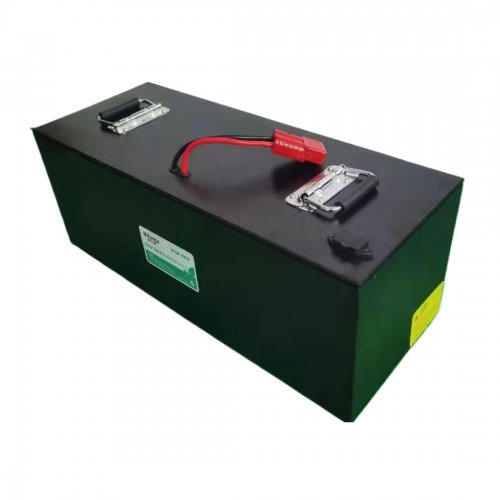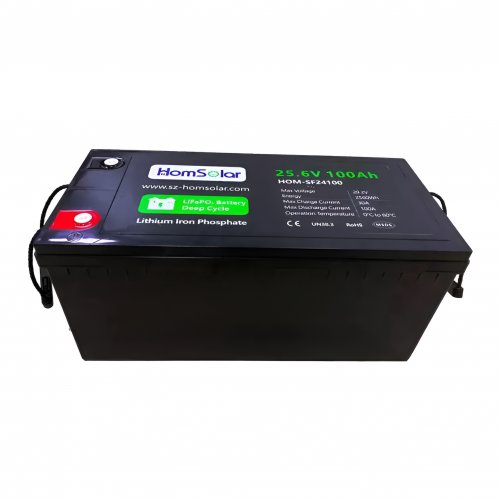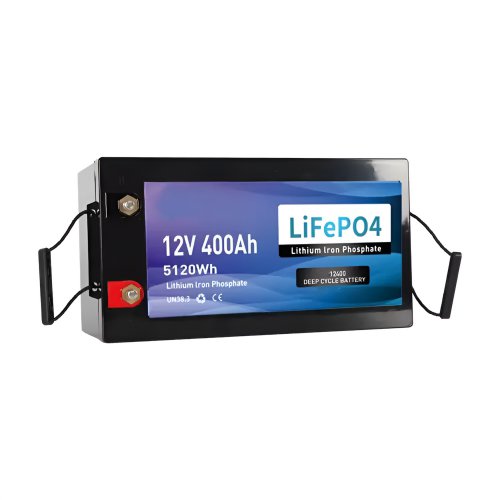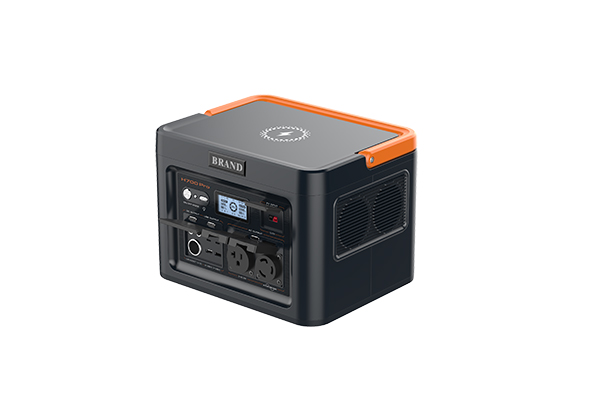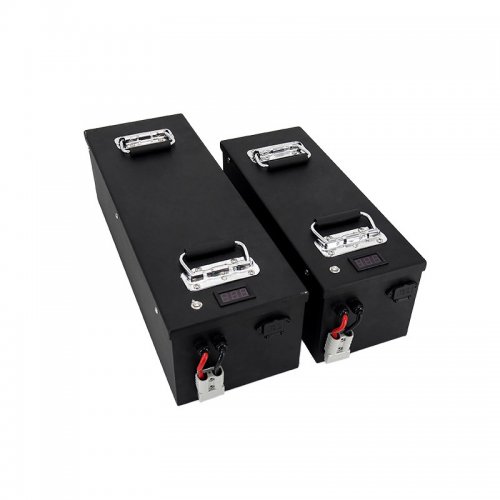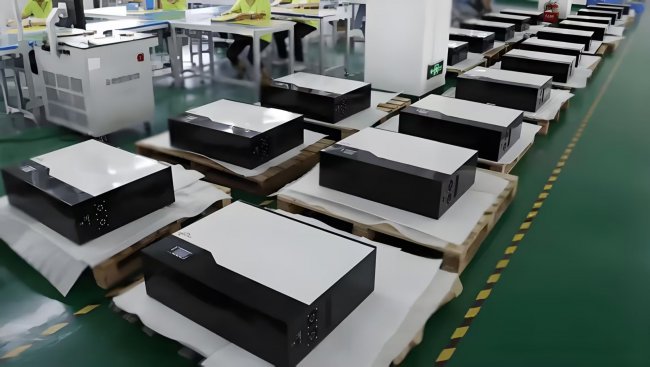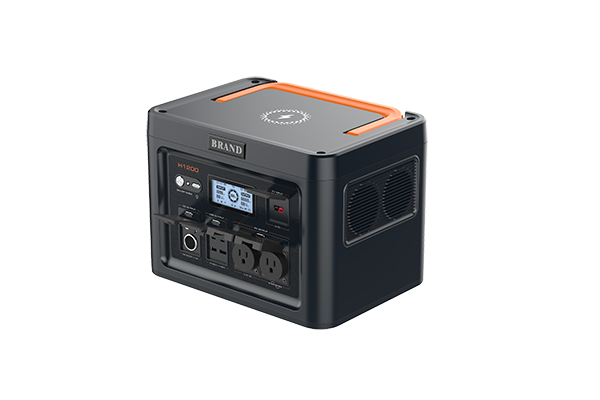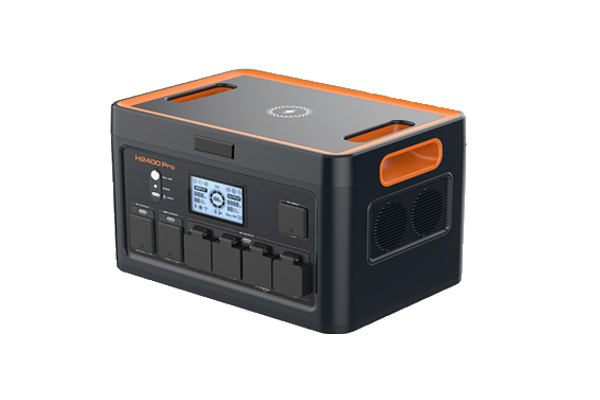Raw Material Supply Chain News: Resilience, Transparency, And The Shift Toward Localization
The global raw material supply chain, long characterized by its complexity and interdependency, is undergoing a profound transformation. Driven by a confluence of geopolitical tensions, climate-related disruptions, and technological advancements, stakeholders across industries are re-evaluating their strategies to build more resilient, transparent, and sustainable networks for sourcing essential materials.
Latest Industry Dynamics: Navigating Disruption and Regulation
Recent months have underscored the fragility of extended supply chains. Persistent logistical bottlenecks, though improved from pandemic peaks, continue to cause delays and price volatility for key industrial inputs. The critical minerals sector, essential for the energy transition, remains a focal point. Nations are actively forming new alliances to secure supplies of lithium, cobalt, and rare earth elements, reducing reliance on single geographic sources. For instance, the strategic partnerships between countries in North America and those with rich mineral deposits in Africa and South America are accelerating, aiming to create alternative circuits to dominant existing routes.
Simultaneously, new regulatory pressures are coming into force. The European Union’s Corporate Sustainability Due Diligence Directive (CSDDD) and the forthcoming EU Battery Regulation are forcing companies to look deeper into their supply chains than ever before. These regulations mandate rigorous due diligence on human rights and environmental impacts, compelling businesses to map their sub-tier suppliers and verify the provenance of raw materials. This is no longer a voluntary ESG initiative but a compliance requirement with significant financial and reputational implications for non-compliance. Companies are now investing heavily in auditing and certification processes to meet these stringent standards.
Trend Analysis: The Triad of Resilience, Digitization, and Sustainability
The response to these dynamic pressures has crystallized into several dominant trends shaping the future of raw material sourcing.
1. Nearshoring and Friend-Shoring: The pursuit of resilience is catalyzing a structural shift away from pure cost-optimization. Companies and governments are actively pursuing nearshoring (bringing production closer to home markets) and "friend-shoring" (sourcing from politically aligned nations). This trend is evident in the CHIPS and Science Act in the United States, which aims to onshore semiconductor manufacturing and its material supply base, and similar initiatives in Europe. While this enhances security, it also introduces new challenges, including higher costs and the need to develop new supplier ecosystems from the ground up.
2. The Digital and Transparency Revolution: To manage complexity and ensure compliance, digitization is becoming indispensable. Advanced technologies like Internet of Things (IoT) sensors, blockchain, and AI-powered platforms are being deployed to create "digital twins" of physical supply chains. Blockchain, in particular, is gaining traction for its ability to provide an immutable record of a material’s journey from mine to factory, offering unparalleled provenance tracking. This digital thread allows companies to verify claims of ethical sourcing and carbon footprint in real-time, moving from paper-based audits to dynamic, data-driven assurance.
3. Circularity as a Strategic Imperative: Linear "take-make-dispose" models are increasingly viewed as a strategic risk. The circular economy is transitioning from a niche concept to a core supply chain strategy. Companies are not only looking to recycle post-consumer waste but are also designing products for disassembly and exploring remanufacturing at an industrial scale. This creates a secondary stream of raw materials, insulating companies from virgin material price shocks and reducing environmental impact. The demand for recycled content in products, from plastics to metals, is becoming a key market differentiator.
Expert Perspectives: A Cautious Outlook on the Road Ahead
Industry experts acknowledge the progress but caution that the journey toward truly resilient and ethical supply chains is fraught with challenges.
Dr. Evelyn Reed, a supply chain strategist at a global consultancy, emphasizes the data challenge: "The ambition for full transparency is there, but the execution is incredibly complex. Mapping a multi-tier supply chain, especially for commodities that change hands through numerous intermediaries, requires a level of data standardization and cooperation that simply doesn't exist yet. We are in the early innings of this game."
On the geopolitical front, Michael Thorne, an economist specializing in trade, notes, "Friend-shoring is a pragmatic response to current realities, but it is not a panacea. It can lead to the formation of new economic blocs and potentially higher inflationary pressures in the short to medium term. The key will be building diversified, not just relocated, supply networks to avoid creating new single points of failure."
Regarding sustainability, Lena Sharma, founder of a non-profit focused on ethical mining, argues that technology must be paired with ground-level oversight. "Blockchain can tell you where a mineral was processed, but it can't tell you if the water was clean at the mine site. Digital tools are powerful, but they must be complemented by robust, on-the-ground social and environmental auditing to ensure real change reaches the most vulnerable workers at the start of the chain."
In conclusion, the raw material supply chain is at a critical inflection point. The pressures of the past few years have shattered the old paradigm of efficiency-at-all-costs, replacing it with a new mandate for resilience, responsibility, and intelligence. While the path forward requires significant investment and international cooperation, the industry's accelerated embrace of localization, digital innovation, and circular principles points toward a more stable and sustainable future for global production.
Customized/OEM/ODM Service
HomSolar Supports Lifepo4 battery pack customization/OEM/ODM service, welcome to contact us and tell us your needs.


HomSolar: Your One-stop LiFePO4 Battery Pack & ESS Solution Manufacturer
Our line of LiFePO4 (LFP) batteries offer a solution to demanding applications that require a lighter weight, longer life, and higher capacity battery. Features include advanced battery management systems (BMS), Bluetooth® communication and active intelligent monitoring.

Customised Lithium Iron Phosphate Battery Casing
ABS plastic housing, aluminium housing, stainless steel housing and iron housing are available, and can also be designed and customised according to your needs.

HomSolar Smart BMS
Intelligent Battery Management System for HomSolar Energy Storage System. Bluetooth, temperature sensor, LCD display, CAN interface, UART interface also available.


Terminals & Plugs Can Be Customized
A wide range of terminals and plugs can be customised to suit the application needs of your battery products.

Well-designed Solutions for Energy Storage Systems
We will design the perfect energy storage system solution according to your needs, so that you can easily solve the specific industry applications of battery products.



About Our Battery Cells
Our energy storage system products use brand new grade A LiFePO4 cells with a battery lifespan of more than 4,000 charge/discharge cycles.



Applications in Different Industries
We supply customized & OEM battery pack, assemble cells with wiring, fuse and plastic cover, all the cell wires connected to PCB plug or built BMS.
Applications: E-bike, Electric Scooter, Golf Carts, RV, Electric Wheelchair, Electric Tools, Robot Cleaner, Robot Sweeper, Solar Energy Storage System, Emergency Light, Solar Power Light, Medical Equipment, UPS Backup Power Supply.
We can provide you with customized services. We have the ability to provide a vertical supply chain, from single cells to pack/module and to a complete power solution with BMS, etc.


HomSolar (Shenzhen) Technology Co., Ltd








